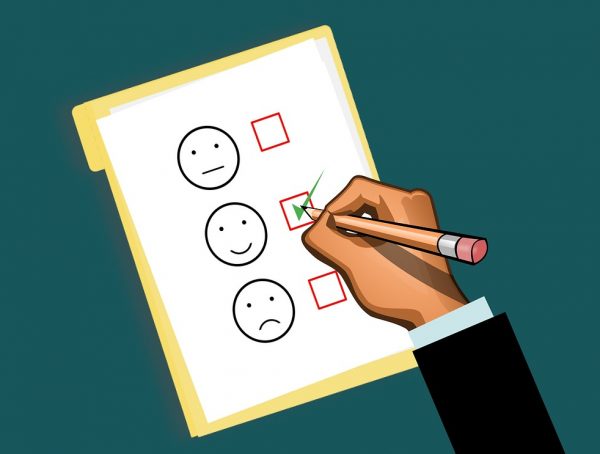The confidence of the Americans in the media has been lower than ever during the past decades. A Gallup poll reported a drastic drop in confidence in newspapers in the past years, going from 51% confidence in newspapers in 1979 to 23% in 2019.
Walter Hussman, chair of WEHCO Media, says this can be explained by an increasing level of bias in media and news sources. His opinion is supported by another Gallup survey which found that on a 20,000 people sample, about two-thirds of the participants said there is too much bias in the news.
For Ronnie Agnew, executive director of Mississippi Public Broadcasting, the multiplication of news sources is partly responsible for the lack of trust in media.
“I think the public is confused about what is objectivity today because of the media explosion. News is coming at them in so many directions and in so many different ways so they have to quickly try to discern what is true, what is objectivity,” says Agnew.
Objectivity is a standard that is often unachievable for journalists because of their background, individual beliefs, and opinions.
“One of the biggest contributors to bias is reporters approaching the story with preconceived notions and they’re really just looking to fill out the story with quotes and follow their preconceived ideas. That really turns off readers, and editors need to do a better job at checking,” explains Charles Overby, former president of the Freedom Forum.
CB Cotton, a reporter for WKRN in Nashville, said that what journalists do not include in their reporting can be significant as well.
“What’s not reported often speaks volumes,” says Cotton.
But sometimes the bias does not come from the journalists, but from how the story was received. Readers and viewers, just like journalists, are human beings — thus have their own opinions and ideas. Therefore, when reading or watching the news stories that do not align with their beliefs, people will call out journalists for being biased even when the coverage is fair.
“There is a certain culture right now that even when reporting the facts you will still be accused of being biased because there is also a portion of the demographic in this country right now that — whether it’s on the left or the right — they feel that if they disagree with the facts then it is wrong,” says Cotton.
Agnew said that one of the biggest threats to objectivity is the fact that people can find their own truth.
“These days it’s very difficult to find someone who is going to be unbiased, so just do your job to the best of your ability, to go after the truth,” says Agnew.
Even when journalists are covering facts and trying to be objective, there will always be people criticizing their work and questioning their integrity. While journalists will rarely hear from people who appreciate their work, they will certainly hear from critics.
“You’ve got to have a thick skin if you’re going to be in this business because sometimes we make mistakes and the criticism is valid, but a lot of time it isn’t,” adds Hussman.
So, how should you react when being accused of bias and lack of objectivity?
“Don’t apologize for your reporting, just make sure it’s right. Just make sure it’s accurate, just make sure that you’ve done everything you can, that when you put your name on that story it is the best story it can be,” argues Agnew.
Overby said there are elements of a great news story that journalists should always include in their reports if they want to improve their coverage.
“A + B + C + D + E = F, which translates to Accuracy, Balance, Completeness, Detachment, Ethics equals Fairness. Without all these elements, the public thinks the media is failing at its job,” says Overby.
Another thing to bear in mind is that journalists’ credibility and the way they are viewed by employers and the audience will be affected by what they post online.
“This industry is so small, that the attitude and the perception of you that you enter the industry with, it will follow you until you retire,” warns Cotton. “If you want to be in this industry, you can’t post your political views, period.”
Our experts shared their views during the conference “Foundations in Journalism: A Panel Discussion of the Roles of Impartiality and Objectivity in News Reporting” organized by the Haussman School of Journalism and Media at the University of North Carolina.








